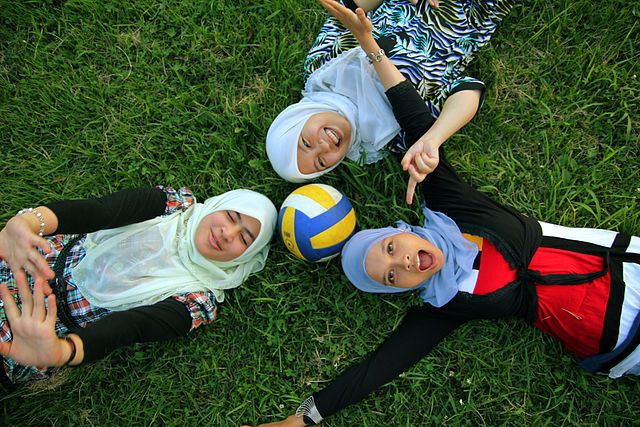Students with a non-western background attending Muslim private schools, whose mother tongue is not Danish, are achieving significantly better grades in their 9th grade exit examinations than their counterparts at Danish public schools.
An analysis by the politically independent think-tank Kraka that has been reported in Politiken revealed the difference between the students’ final examination marks is 1.4 grade points – an average 4.6 at the pubic schools and 6.0 at the Muslim private schools.
“Many have the idea that independent Muslim schools are a place where you only read the Koran, and that hurts integration,” Nicolai Kaarsen, a senior economist at Kraka and co-author of the analysis, told Politiken.
“Politicians and public schools should take stock of this knowledge and perhaps learn something from the Muslim private schools.”
Better in the long run
Students from Denmark’s 20 Muslim private schools also perform better over the long-term. Over 28 percent of the graduates from Muslim private schools had completed a upper-secondary education three years after 9th grade, compared to only 21 percent of children with similar backgrounds leaving public schools.
READ MORE: More than 500 students pulled out of Danish-Turkish schools in Denmark
The analysis was based on data from 29,000 immigrants (and their descendants) from 17 non-Western countries who completed the 9th grade between 2007 and 2014. Of these, 1,634 attended a Muslim private school.
Discipline the key
Niels Egelund, a school researcher and professor at the DPU at Aarhus University, has examined Muslim private schools and said the better results are due at least in part to a stronger culture of discipline at the private schools.
“There is a fundamental difference in respect and an overall sense of calm,” he said. “Students look up to teachers as authority figures, and you do not see students acting up and creating disturbances in the classroom.”















